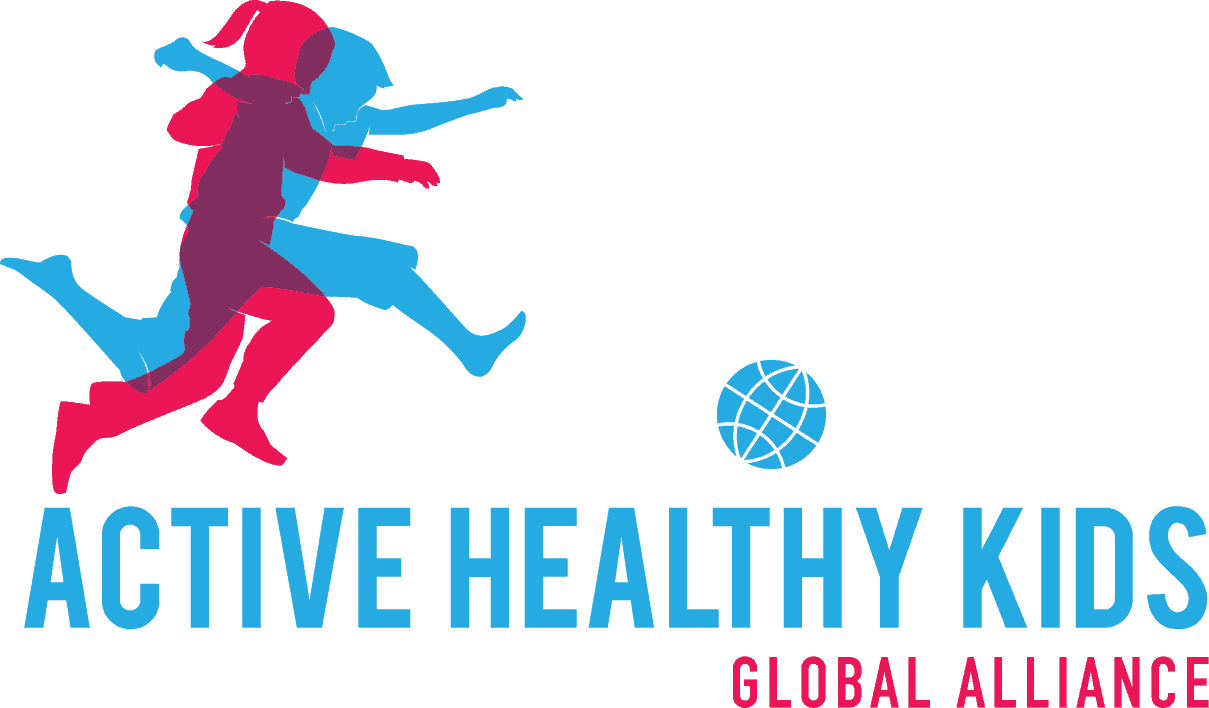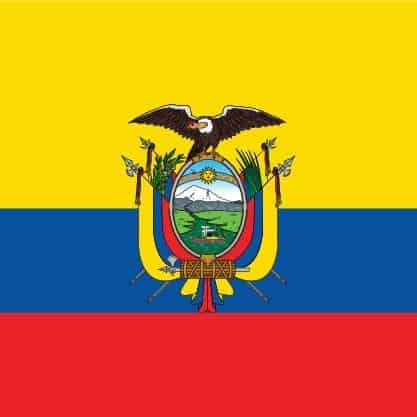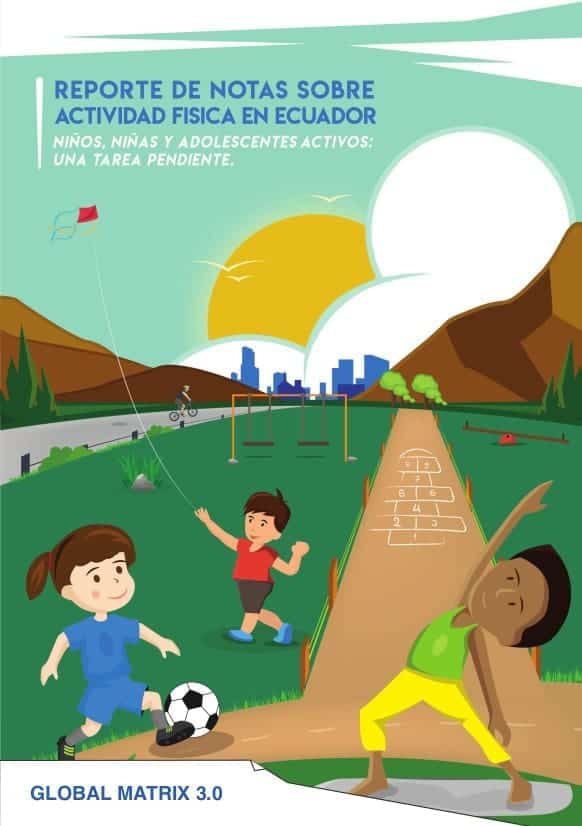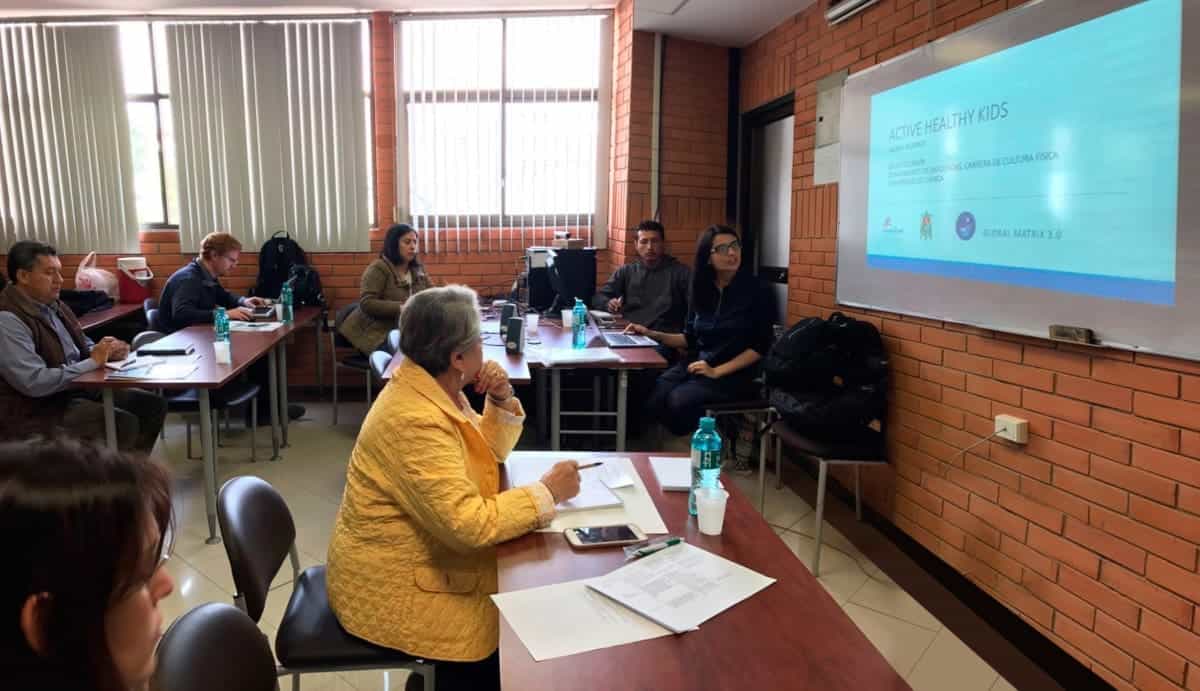
Report Card Leaders
Susana Andrade, PH.D.
Institution: Universidad de Cuenca (UCuenca), Foundation for the promotion of nutrition, physical activity and public health research (SLAN-Ecuador) ORCID: https://orcid.org/0000-0001-7069-5125
I am Ecuadorian researcher and professor at Cuenca University. I obtained a Doctorate (PhD) in Applied Biosciences at the University of Ghent, Belgium with a thesis focused on physical activity and physical fitness in Ecuadorian adolescents. Among my relevant roles, I was Academic Coordinator of the Master’s Degree in Sports Coaching and Director of school of Pedagogy of Physical Activity and Sport at the University of Cuenca.
Currently, I am a researcher in the Department of Biosciences at the University of Cuenca, also I represent Ecuador at the Global Observatory of Physical Activity (GoPA) and Global Observatory of Physical Education (GoPE). I am involving in the project “Safe and Attractive Parks for All”, in collaboration with the University of Ghent, Belgium (2022-2026). Also, I have been involved in several research projects over the years: projects titled “Food, Nutrition and Health” supported by Flemish universities, “Asthma attacks causes and prevention study in urban Latin America” supported by European found. My work has been published in high-impact journals indexed in SCOPUS and Web of Science.
Angélica Ochoa Avilés, PH.D.
Institution: Universidad de Cuenca (UCuenca), Foundation for the promotion of nutrition, physical activity and public health research ORCID: https://orcid.org/0000-0001-7926-3644
I am a physician with a PhD in Biosciences from the University of Ghent in Belgium. My PhD research focused on using theoretical models and mixed methods to identify the individual and environmental factors influencing diet and physical activity in urban and rural adolescents in Ecuador. I currently serve as the director of the Department of Biosciences Research at the University of Cuenca and as the Secretary of the Latin American Society of Nutrition from 2021 to 2023. I also represent Ecuador at the Global Observatory of Physical Activity (GoPA) and have been a member of the editorial team of the journals Public Health Nutrition and Journal of Physical Activity and Health. Additionally, I am a member at large of the International Society of Behavioral Nutrition and Physical Activity (ISBNPA).
I have worked as a consultant on multiple research projects funded by UNICEF in Ecuador related to nutrition and physical activity in children and adolescents. My career has focused on studying school environments using mixed methods. I am author or co-author of 60 publications indexed in SCOPUS/Web of Science
Report Card Grades
- Overall Physical Activity: D
- Organized Sport and Physical Activity: INC
- Active Play: INC
- Active Transportation: C-
- Sedentary Behavior: C
- Physical Fitness: INC
- Family and Peers: F
- School: INC
- Community and Environment: D+
- Government: INC
Related Links
Top Three Priorities
- To formulate and evaluate the impact (efficiency and effectiveness) of new evidence-based appropriate governmental policies designed to focus on the promotion physical activity and healthy environments considering the existing gender, geographical and income disparities. The Report Card has the potential to reach key stakeholders.
- To encourage researcher, government and community to i) propose research lines that fill the current gaps of knowledge and ii) create innovative strategies for community engagement and support for healthy and active lifestyles. That research lines and strategies could be address in collaborative networks. The main priorities includes active play, active mobility, physical fitness, sport participation and design of public spaces that promote an active lifestyle.
- To involve the academia in the evaluation and design of tools used in the national surveys carried out by the National Institute of Census and the Ministry of Health, in order to maintain a continue surveillance system.
Report Card Leader
Report Card Team
Testimonial
"Thanks to this experience, I can see not only knowledge gaps about physical activity but also I can see the gaps in connections between the needs of society, what the academy researches do and what policies the government implements in Ecuador. Now, I have a new and wider view of the Ecuadorian context related to physical activity." - Susana Andrade, Ph.D.
Conference Abstract: Movement to Move
Results from Ecuador’s 2018 Report Card on Physical Activity for Children and Youth
Susana Andrade, Angélica Ochoa-Avilés, Wilma Freire, Natalia Romero, Daniel Orellana, Teodoro Contreras, José Luis Pillco, Jessica Sacta, Diana Andrade, Patricia Ramírez, Miguel Martin & Silvana Donoso.
Brief Introduction
This paper summarizes the first results of the Ecuadorian Report Card 2017. The card is developed using the methodology proposed by Active Healthy Kids Global Alliance.
Methods
Grades are based on the best evidence available from national surveys, peer-reviewed literature gray literature, and governmental and non-governmental reports.
Results including
Table of Grades
| Indicator | Grade | Rational |
| Overall Physical Activity | D | 32.6% (N=10910) of 10-17 years-old children reported being physically active at least 60 minutes per day at least four days per week (national sample). |
| Organized Sport Participation | INC | 42.4% (N=5254) of 9-17 years-old children reported participation in organized sport (local study from capital Quito). |
| Active Play | INC | 29.5% (N=6633) of 9-17 years-old children reported more than 60 minutes engaged in some active play (local study from capital Quito). |
| Active Transportation | C- | 42.7% (N=7652) of 5-17 years-old children reported walking (n=11582) or biking (n=224) to school or work (national sample). |
| Sedentary Behaviours | C | 55.41% (N=14622) of 5-17 years-old children reported no more than two hours/day of TV and/or video-games in the last week. Since the national survey did not include other sedentary domains like computer use the grade was set at C instead of C+. |
| Physical Fitness | INC | Cardiorespiratory fitness, muscular strength and endurance, agility and flexibility components were evaluated on a nationally representative sample (N=10257 children 5-17 year). The databases were not accessible, and the available literature do not report physical fitness data stratified by gender. |
| Family and Peers | F | 11.6% (N=13511) of adults with 5-17 years old children living in the same house meet the recommendation of 150 minutes of moderate to vigorous physical activity per week (national sample). |
| School | INC | The data available to calculate this indicator do not comply with the current governmental regulation. |
| Community and Environment | D+ | 37.4%(N=68828) of the adult population (>18 year) scored their neighborhood as safe or very safe (national sample). |
| Government | INC | Promotion of physical activity has been included in the National Constitution and in the National governmental plan (2013-2017). Additionally, Ministry of Sport was created to promote sports and to decrease sedentary behaviors of the population. Unfortunately, there is few evidences about the evaluation of the impact of the policies, and most of the strategies are focused on sports (formative sport, elite sports and organizations). |
Conclusions / recommendations
Ecuadorian children and adolescents are insufficiently active. Additionally, there is an urgent need for more comprehensive evaluations in national samples by using international validated tools in order to have a complete understanding of indicator’s status and to enable comparisons over time and with other countries.
Acknowledgements
We acknowledge the collaboration of PhD. Santiago Calero and Eng. Alicia Torres collecting specific sources of data.
